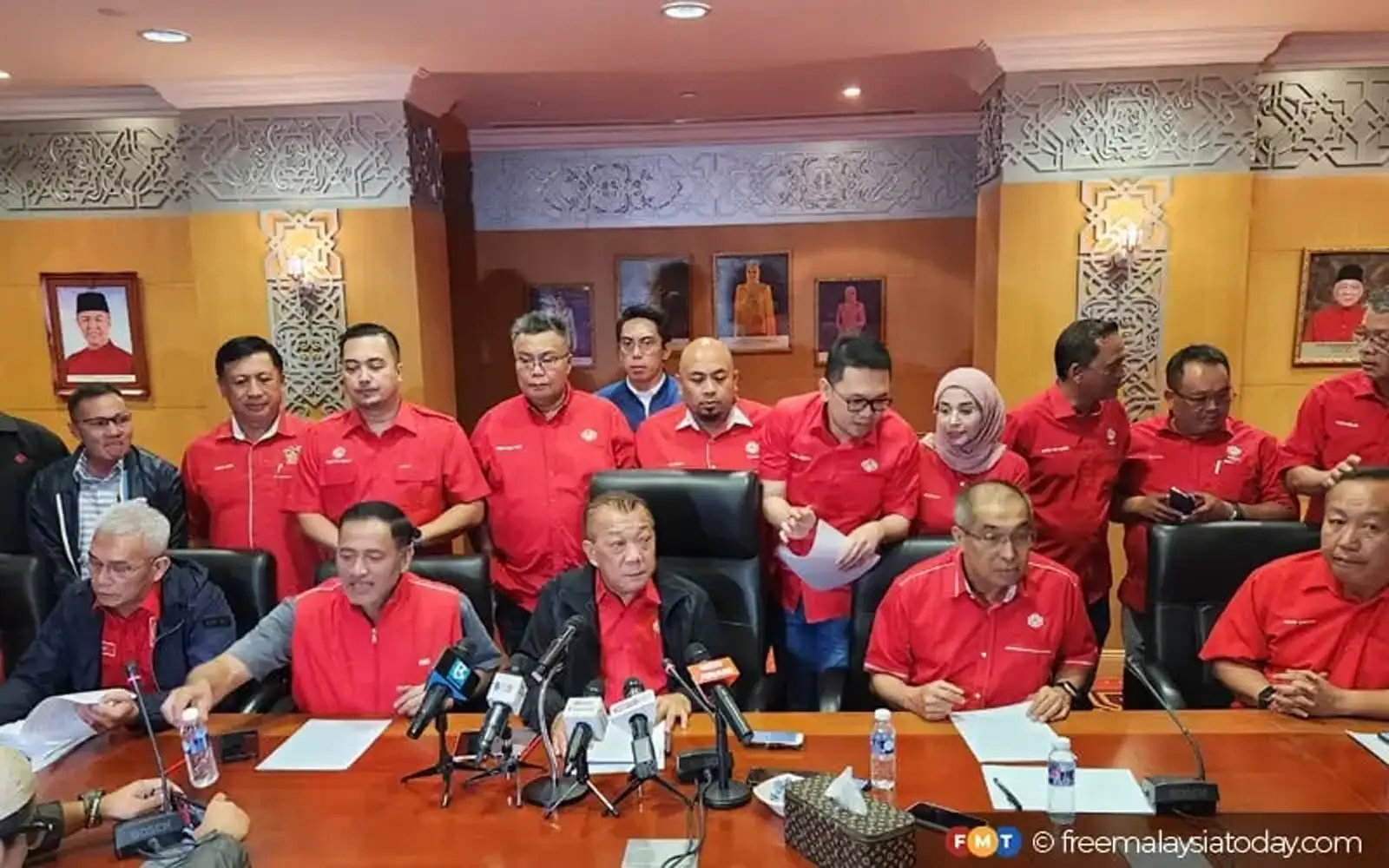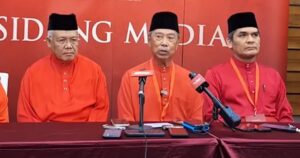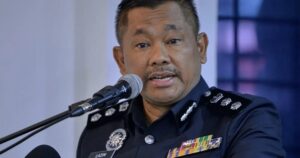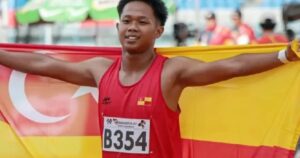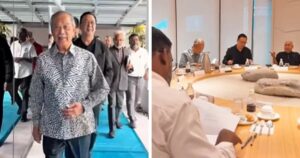
Sabah Umno may be in its weakest position yet heading into the upcoming state election, following public disagreements between its top two leaders, Bung Moktar Radin and Abdul Rahman Dahlan, according to an analyst.
Rahman, who is Sabah Umno deputy chief, had suggested that Barisan Nasional (BN) made a mistake by pulling out of the state government in the 2023 “Kinabalu Move”.
Bilcher Bala of Universiti Malaysia Sabah (UMS) said Rahman’s remarks were likely prompted by a realisation of the party’s weak grassroots machinery and organisational structure.
“This highlights how quitting a government without a clear recovery plan can have long-term consequences on voter perception and the party’s ability to compete effectively.

“Rahman’s view may also reflect growing awareness of Sabah’s increasingly complex political landscape, where local parties like Gabungan Rakyat Sabah (GRS) and Warisan are becoming more dominant, while Umno is seen as carrying ‘federal baggage’.
“Sabah Umno is now in the weakest position in its history,” he told FMT.
It was reported previously that Bung, the Sabah Umno chief, had advised Rahman to stop dwelling on the past following the latter’s comments on the Kinabalu Move.
He also maintained that the withdrawal of support for chief minister Hajiji Noor in January 2023 was not his personal call, but a collective decision by the state Umno leadership that was not taken lightly.
However, Bilcher said the weakness Sabah Umno is facing does not spell the end for BN‘s ambitions to contest and win as many of the 73 Sabah assembly seats as possible, provided it can craft a new narrative that resonates with the voters.
“Despite the disagreements, both leaders still operate within the party’s formal leadership structure, and Bung himself has said such differences are normal in any party.
“If Umno can unite its grassroots machinery, forge strategic alliances with other parties, and offer a relevant manifesto, there’s still a chance for an upset. But it won’t be easy,” he said.
Bung and Rahman have clashed on several occasions over the past few years, including last year after Rahman invited Hajiji to a divisional meeting also attended by Umno president Ahmad Zahid Hamidi.
In March, they traded barbs again over where Rahman may be fielded as a candidate in the state election.
But Bung has played this down to mere “differences in opinion” which he said were a normal process in bolstering the state chapter and have not led to outright division.

Another UMS academic, Lee Kuok Tiung, said being in government is a clear advantage, which is why Pakatan Harapan (PH) agreed to join the Sabah administration after the Kinabalu Move.
He noted that some Umno assemblymen joined GRS, while others, led by Bung, remained in the opposition.
“Looking at the 14 seats BN won in the 16th state election (in 2020), it’s clear there’s been a split,” he said.

Awang Azman Awang Pawi of Universiti Malaya, however, said there is still hope for Sabah Umno despite its fragile current state, as it continues to have a strong grassroots base.
“Rahman himself acknowledged that Umno’s grassroots machinery remains strong despite the difficult situation.
“This is a crucial foundation for mobilising during the campaign period, though more efforts must be made to strengthen the party’s machinery,” he said.
